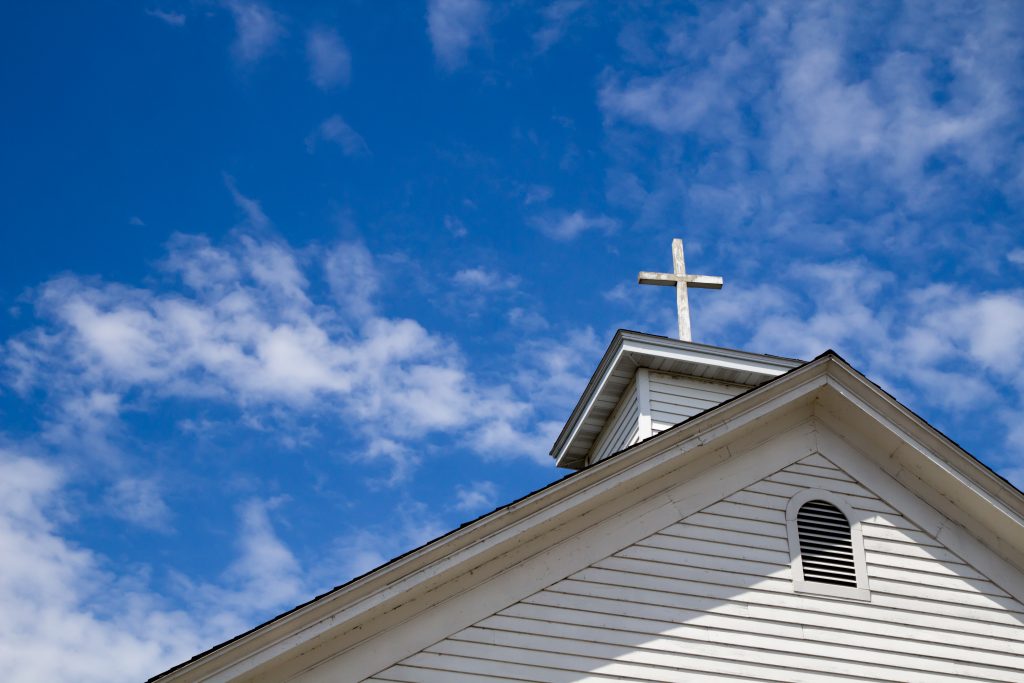
Natalie Swann
20 July 2022
Statistics is often accused of being a dry subject, but numbers can trigger some pretty emotional reactions. Right now, there’s a bit of handwringing going on about the drop in the number of people checking “Christian” on the Australian census. For the first time, this has dropped below 50 per cent and the number of those selecting “no religion” continues to increase. It makes for a dramatic headline for secular media, and is the cause of much analysis in Christian circles.
Sometimes it even feels like the census is to blame for the drop. There’s some truth to that. The statisticians at the Australian Bureau of Statistics have to carefully weigh up the value of keeping questions the same to ensure you can compare one census to the next, and changing the questions to reflect changes in the cultural landscape. Every time the religion question has changed – from inviting people to write “none” in 1971 to making “No religion” the first multiple choice option in 2021 – the number of people choosing “none” has jumped up.
Read more: Clayton census results reveal new engagement opportunities
But the thing is, the religion question doesn’t quantify religiosity. It doesn’t quantify church attendance or financial giving, it doesn’t measure a relationship with Jesus or even a sense of the transcendent. It’s a question about identity: “Do you identify as Anglican? Or Catholic? Or a Jedi?”. Therefore, it doesn’t measure a drop in church numbers, or even a drop in the community’s interest in spiritual things (indeed National Church Life Survey Research has shown the opposite). It measures a drop in the number of people that are prepared to be labelled as belonging to a particular religion or denomination.
It seems to me that the revelation of this statistic isn’t going to radically change the way we do ministry. Stan Grant’s recent piece for the ABC, asking “Why have we chosen to live without God?” highlighted how long the decline of religion has been identifiable, and just how much ink has been spilled on the subject. Church leaders are well aware of this shift in identification and the rise of the “Nones” in the West.
Read more: Anglicans plan visible presence in growing areas but obstacles loom
I worry that as Christians our anxiety about this statistic is rooted in a fear that our voice in the political sphere will lose its sway, as people realise we represent a smaller proportion of the population than long thought. Or that it represents a fear that our programs will attract less funding. In his piece, Grant notes that globally Christianity is still dominant and on the rise, it’s just that it’s growing in Africa and Asia while it declines in the West – God forbid our anxiety is based in a fear that Western Christians are no longer leading the flock. Greed and pride are not good interpretative helpers.
When statistics make you angry or anxious, it is tempting to think that they must be useless. Or worse – deliberately misleading, even manipulative. It’s tempting to write off interpretations of statistics that don’t fit our experience of the world. Sometimes, you just want to roll your eyes at the experts. And like accounting, or film making, or medicine, statistics can be done rigorously and ethically, or they can be done unethically, with carelessness, even with the objective to abuse and oppress. Caesar’s census certainly had those vibes.
Read more: Erratic church attendance requires ministers to lower expectations
But an ethically conducted census in a democratic country is an incredibly powerful force for good. The results can challenge your blind spots and reinforce your best insights. They can help you decide where schools are needed now, and predict where they will be needed in the future. The results identify what languages we should translate forms and websites into so that all citizens can understand where possible and participate in our community. They can reveal how much of the population is struggling below the poverty line or is in rental distress. Christians need to advocate for collecting data well and interpreting it thoughtfully Without a census, it is the vulnerable, those without purchasing power or the capacity to advocate for themselves, that become invisible.
So, don’t worry about the religion results. If you want to get worried about something, worry about people thinking they don’t need the census. If you want to make noise about something, make noise about making sure we rigorously count what really matters in a way that protects and honours Australian citizens.
Written by social science consultant Dr Natalie Swann. Dr Swann is a member of St Augustine’s Anglican Church Moreland and the Diocese of Melbourne Social Responsibilities Committee but these opinions are her own.
For more faith news, follow The Melbourne Anglican on Facebook, Twitter, or subscribe to our weekly emails.







